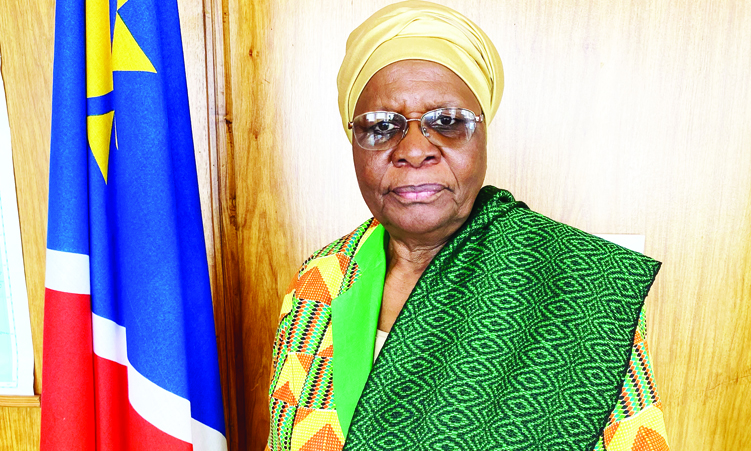“Only a mentally fit nation can be productive and contribute as well as participate in civic responsibilities.”
In Namibia, the prevalence of mental illnesses is estimated at 25.6% and is expected to double by 2030.
Among others, the main drivers of mental illnesses in Namibia have been attributed to the abuse of illicit drugs and alcohol, chronic infections and socio-economic factors.
Health issues facing Namibians in the 21st century, as they relate to social issues, include the treatment and prevention of drug abuse, including street drugs like cocaine and marijuana and prescription pain relievers like OxyContin and Vicodin.
The increasing abuse of prescription pain pills, a class of drug also known as opioids, are linked to the overprescription of these drugs.
Addiction can be caused by a combination of behavioural, environmental and biological factors.
People who engage in drug use put themselves at risk of contracting or transmitting viral infections such as the human immunodeficiency virus (HIV), acquired immune deficiency syndrome (AIDS), or hepatitis.
Even as the Namibian healthcare system attempted to curb these prescriptions, the medicinal benefits of marijuana were touted as a reason to legalise it.
CONNECTIONS
Mental illness is a health concern closely connected to social problems in the country.
Among others, multiple suicides have shone the spotlight on the need for increased mental health services.
In 2018, the Ministry of Health and Social Services (MoHSS) found that depression can be associated with several medical conditions.
Many pregnant women and young adults may experience depression and anxiety, and many don’t get the help they need.
The end of the 20th century also saw an alarming increase in the rate of autism among children, affecting one in nine children as of 2019.
Therefore, the focus is on ‘make mental health and wellbeing for all a global priority this year’.
We all know Namibia faces many challenges, Just keeping your head above water, food on the table, and getting back to normal in a post-pandemic world is hard enough.
According to statistics released by the Ministry of Health and Social Services, the country’s suicide rate between January 2021 and May 2022 was 679 – 559 men, 91 women, and 29 children.
These are appalling statistics for our small population, saying nothing about the lives and families destroyed.
What is also shocking is that the majority of suicides are among men.
CHALLENGES
In Namibia, we suffer from many challenges that developing nations face and at times it may seem as if there’s no end to the issues.
They could be GBV, child neglect, alcohol, drug abuse, and too many suicides. Many factors contribute to these problems.
Not dealing with stress and mental health issues properly is certainly a root cause.
Moreover, the Covid-19 pandemic has exacerbated these challenges.
Isolation, grief, economic hardships and the fear of infection take a toll on mental well-being.
Promoting mental well-being from a young age is a crucial aspect of prevention in addressing mental health issues.
Educating children and adolescents about emotional wellbeing, stress management and building resilience is fundamental in preparing them for the challenges they may face.
Incorporating mental health into school curricula, training teachers and parents on recognising signs of distress, and fostering open conversations are vital steps towards nurturing an emotionally healthy generation.
BREAKING THE CYCLE
While progress has undoubtedly been made, much remains to be done.
Overcoming systemic barriers, ensuring equitable access to mental healthcare, and providing support for vulnerable populations are critical endeavours that require a collective effort.
We must persist with advocacy and awareness campaigns and help eradicate stigma and misunderstanding.
By prioritising mental health, we can reshape our societies into places where compassion, empathy and understanding thrive.
Together, let’s break the silence, empower individuals, and build a future where mental health is a priority for all.
Remember, if someone you know is struggling with mental health, reach out to a mental health professional or a help line in your area.
You need never be alone on this journey.
- Gideon Kapuka is a mental health advocate, researcher, writer and business consultant; gideonkapuka5@gmail.com
Stay informed with The Namibian – your source for credible journalism. Get in-depth reporting and opinions for
only N$85 a month. Invest in journalism, invest in democracy –
Subscribe Now!






